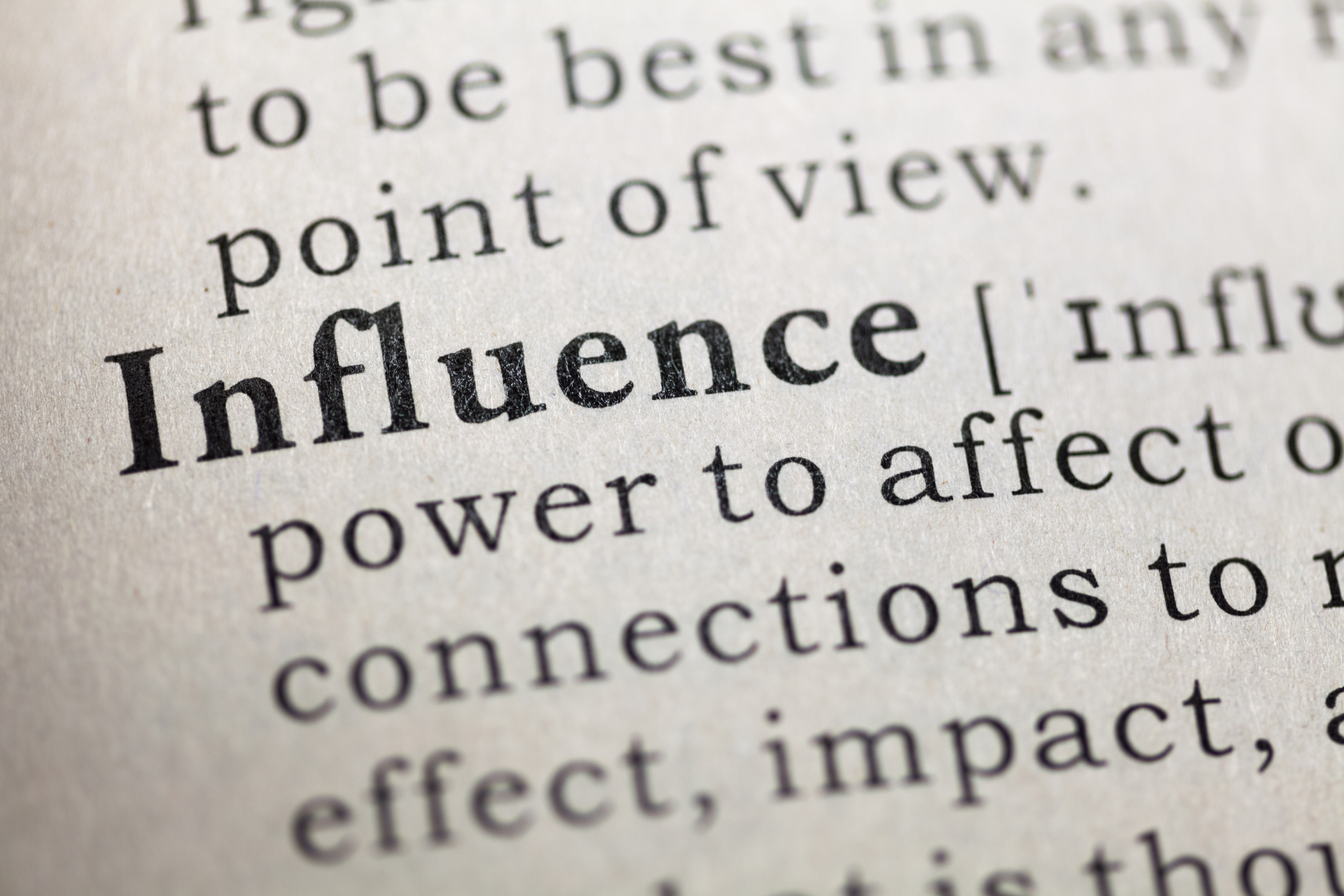The Power of Digital Storytelling in Healthcare: Content Creators Who Connect
In an era of information overload, healthcare organizations face a critical challenge: how to effectively communicate complex medical information in ways that resonate with patients and healthcare professionals alike. Digital storytelling has emerged as a powerful tool for bridging this gap, enabling healthcare communicators to educate, engage, and inspire audiences through compelling narratives.
Beyond Information: The Rise of Healthcare Content Creators
The healthcare landscape is witnessing the rise of a new type of influencer – healthcare professionals and patients who leverage digital platforms to share medical knowledge and personal experiences. These content creators aren't merely dispensing information; they're fostering communities, combating misinformation, and transforming how people engage with healthcare topics.
Dr. Darien Sutton exemplifies this trend. An emergency physician with over two million followers on TikTok, Dr. Sutton uses his platform to deliver research-backed health information in accessible formats. "I think my job is providing some level of awareness, reminding people where they can find their facts, and hopefully helping them be more savvy consumers of media," Sutton explains.1
What makes Dr. Sutton's approach particularly effective is his ability to translate complex medical concepts into understandable, engaging content. By meeting people where they are – on social media platforms they already use – he's expanding the reach of evidence-based health education beyond traditional channels.
Creating Communities Through Shared Experiences
Digital storytelling extends beyond professional healthcare voices to include patients sharing their personal journeys. Individuals living with chronic conditions have found powerful platforms to document their experiences, connect with others facing similar challenges, and raise awareness about conditions that might otherwise remain invisible to the broader public.
These patient narratives serve multiple crucial functions in the healthcare ecosystem:
- Community Building: Creating spaces where people with similar conditions can connect, reducing isolation
- Awareness Raising: Educating the general public about lesser-known conditions
- Patient Empowerment: Providing fellow patients with practical coping strategies and moral support
The impact of these digital communities shouldn't be underestimated. Research indicates that connecting with others who understand one's health challenges can significantly improve psychological well-being and may even positively influence health outcomes through improved adherence to treatment plans and reduced stress levels.
Combating Misinformation in the Digital Age
Perhaps one of the most valuable contributions of healthcare content creators has been their role in countering the tide of health misinformation. During the COVID-19 pandemic, healthcare professionals turned to platforms like TikTok to provide evidence-based information that was both accessible and engaging.
This approach represents a significant evolution in public health communication. Rather than simply issuing corrections to misinformation, these healthcare communicators are proactively building trust with audiences through consistent, reliable content creation. They're establishing themselves as credible sources before misinformation takes root – a prevention-focused approach to information hygiene.
Dr. Rose Marie Leslie and Christina Kim exemplify this approach, having built substantial followings by providing reliable information during the pandemic. Their success demonstrates that scientific accuracy and engaging content aren't mutually exclusive – when presented appropriately, evidence-based information can effectively compete for attention in crowded digital spaces.2
Effective Digital Storytelling Strategies for Healthcare Organizations
For pharmaceutical companies, healthcare providers, and other organizations seeking to enhance their digital storytelling capabilities, several key strategies stand out:
1. Prioritize Authenticity and Transparency
Successful healthcare content creators prioritize transparency about their credentials, information sources, and potential limitations of their knowledge. This builds trust with audiences and distinguishes credible content from less reliable sources.
2. Utilize Multiple Formats and Platforms
Different audiences consume content differently. A comprehensive digital storytelling strategy might include short-form videos for platforms like TikTok, longer educational content on YouTube, written explanations on blogs or LinkedIn, and interactive discussions on Twitter spaces or Instagram Live.
3. Center the Patient Experience
The most compelling healthcare narratives place patient experiences at the center. Whether discussing new treatments, disease awareness, or preventive care, framing content around real human experiences rather than abstract concepts significantly enhances engagement.
4. Measure Beyond Metrics
While views and engagement statistics provide valuable feedback, truly effective healthcare storytelling should be measured by its impact on health literacy, patient empowerment, and behavior change. Developing more sophisticated impact assessment methods is an important frontier for healthcare communicators.
The Future of Digital Storytelling in Healthcare
As we look ahead, several trends are likely to shape the evolution of digital storytelling in healthcare:
- Increased Collaboration: Partnerships between healthcare professionals, patients, and content creators will produce more comprehensive and impactful narratives
- Personalization: Advanced data analytics will enable more tailored content delivery based on audience needs and preferences
- Mixed Reality Experiences: AR and VR technologies will create immersive storytelling experiences that deepen understanding of medical concepts
The Department of Health and Human Services estimates that only about 12% of people have proficient health literacy.1 This sobering statistic underscores the immense opportunity for digital storytelling to transform how people understand and engage with healthcare information.
Building a Strategic Approach
For organizations seeking to harness the power of digital storytelling, a strategic approach is essential. This includes identifying the right storytellers (whether internal team members or external collaborators), developing clear messaging guidelines, and establishing processes for ensuring accuracy while maintaining engaging narratives.
By investing in thoughtful, audience-centric digital storytelling, healthcare organizations can significantly enhance their connection with patients, professionals, and the broader public – ultimately contributing to better health outcomes through improved understanding, engagement, and trust.
To discuss your organization's talent needs in this evolving landscape, contact The Pharma:Health Practice today.
Footnotes
1. "Dr. Darien Sutton Is Transforming Health Education—From the ER to TikTok," Health, January 2025.
2. "Health Workers Are Going Viral on TikTok for Debunking COVID-19 Myths," Time, January 2021.











